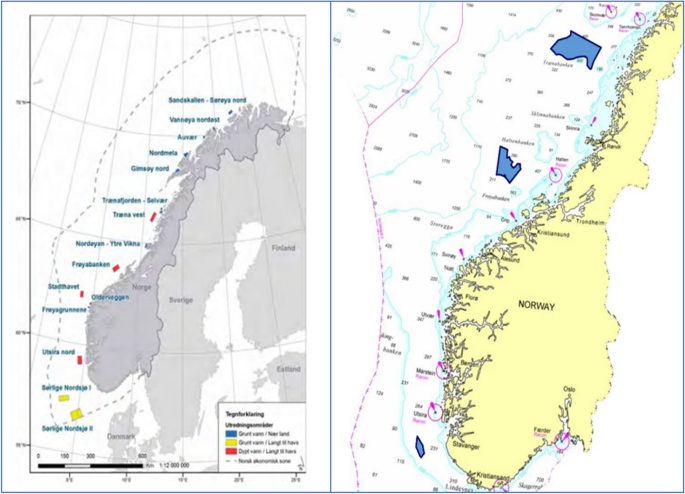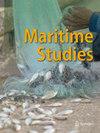蓝色经济中的可持续性冲突:挪威海上水产养殖和海上风能开发的规划
IF 2.3
Q3 ENVIRONMENTAL STUDIES
引用次数: 0
摘要
蓝色经济的发展意味着世界海洋和沿海地区的工业化,给海洋环境和生态系统带来了越来越大的压力。此外,对海洋空间和资源的竞争增加了社会冲突的可能性。海洋空间规划被认为是一种可以避免或减轻冲突的工具。然而,有必要对与蓝色经济相关的冲突进行更彻底的分析。本文的目的是分析蓝色经济冲突的特征,以及制度背景和可持续性话语如何塑造蓝色经济冲突。本研究还探讨了冲突管理的观点和海洋规划中可持续转型的途径。在实证研究中,我们使用了挪威蓝色增长产业的两个案例研究:(1)海上风能开发和(2)海上水产养殖发展。通过这些案例,我们仔细研究了规范冲突的既定原则和程序。我们的研究表明,当前的蓝色经济冲突是如何通过冲突管理的制度化实践来构建和处理的。我们的发现是双重的。首先,蓝色经济冲突不容易通过常见的冲突类型(即用户-用户,用户-环境)进行分类,而是越来越多地出现为可持续性冲突,其中所有参与者都将可持续性作为讨论可能和理想未来的参考框架。其次,冲突不一定是消极的社会过程。事实上,冲突往往会揭露不可持续的做法,并为可持续转型创造潜在的积极途径。本文章由计算机程序翻译,如有差异,请以英文原文为准。

Sustainability conflicts in the blue economy: planning for offshore aquaculture and offshore wind energy development in Norway
Abstract Blue economy developments entail an industrialization of the world’s ocean and coastal areas, placing growing pressures on the marine environment and ecosystems. Moreover, the competition for ocean space and resources increases the likelihood for social conflicts. Marine spatial planning has been presented as a tool that can avoid or mitigate conflicts. However, there is a need for a more thorough analysis of the conflicts linked to the blue economy. The objective of this paper is to analyze characteristics of blue economy conflicts and how they are shaped by the institutional context and sustainability discourses. This study also explores perspectives on conflict management and pathways toward sustainable transformations in marine planning. Empirically, we use two case studies of blue growth industries in Norway: (1) offshore wind energy development and (2) offshore aquaculture development. Through these cases, we take a close look at the established principles and procedures which regulate conflicts. Our study shows how current blue economy conflicts are framed and handled through institutionalized practices of conflict management. Our findings are twofold. First, blue economy conflicts are not easily categorized through common conflict typologies (i.e., user-user, user-environment) but increasingly appear to be sustainability conflicts in which all actors use sustainability as a frame of reference for discussing possible and desirable futures. Second, conflicts are not necessarily a negative social process. In fact, conflicts often uncover unsustainable practices and create potential positive pathways for sustainable transformations.
求助全文
通过发布文献求助,成功后即可免费获取论文全文。
去求助
来源期刊

Maritime Studies
ENVIRONMENTAL STUDIES-
CiteScore
4.90
自引率
11.80%
发文量
37
期刊介绍:
Maritime Studies is an international peer-reviewed journal on the social dimensions of coastal and marine issues throughout the world. The journal is a venue for theoretical and empirical research relevant to a wide range of academic social science disciplines, including anthropology, sociology, geography, history and political science. Space is especially given to develop academic concepts and debate. We invite original research papers, reviews and viewpoints and welcome proposals for special issues that make a distinctive contribution to contemporary discussion around maritime and coastal use, development and governance. The journal provides a rigorous but constructive review process and rapid publication, and is accessible to new researchers, including postgraduate students and early career academics.
 求助内容:
求助内容: 应助结果提醒方式:
应助结果提醒方式:


